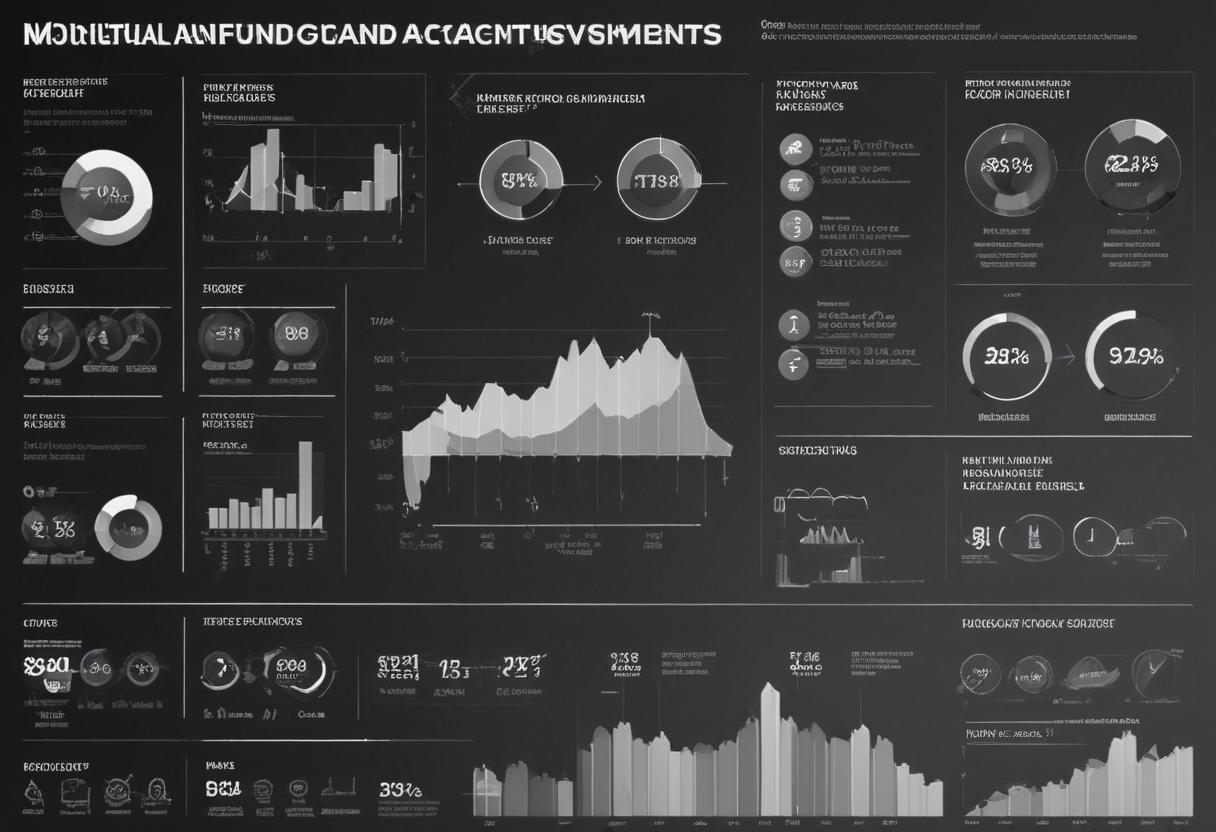Investing in emerging markets has become a compelling proposition for investors seeking higher returns and diversification. These markets, typically characterized by their rapid economic growth, evolving financial markets, and increasing integration into the global economy, offer unique opportunities. However, they also come with a distinct set of challenges that investors must carefully navigate. This article explores the potential benefits and risks associated with investing in emerging markets.
Opportunities in Emerging Markets
1. High Growth Potential:
Economic Expansion: Emerging markets often exhibit higher growth rates compared to developed economies. Countries like China, India, and Brazil have demonstrated significant GDP growth over the past decades.
Demographic Advantages: Many emerging markets have young, growing populations, which can lead to increased consumer demand and a robust labor market. This demographic dividend can drive economic expansion and market growth.
2. Diversification Benefits:
Reduced Correlation: Investments in emerging markets can provide diversification benefits as their economic cycles and market movements are often less correlated with those of developed markets. This can help in reducing overall portfolio risk.
Varied Economic Drivers: Emerging markets economies are often driven by different factors compared to developed ones, such as natural resources, agricultural products, or manufacturing. This variety can protect against sector-specific downturns.
3. Undervalued Assets:
Lower Valuations: Emerging markets can offer opportunities to invest in undervalued companies and assets. Due to perceived risks and market inefficiencies, these assets may trade at lower valuations compared to similar assets in developed markets.
Potential for High Returns: The growth potential in these markets can translate to high returns for investors who can identify and capitalize on undervalued opportunities.
4. Increasing Access and Market Reforms:
Market Liberalization: Many emerging markets are undergoing financial reforms and liberalization, making it easier for foreign investors to enter and operate.
Improving Infrastructure: Investment in infrastructure, technology, and education in these markets is creating a more conducive environment for businesses and investors.
Challenges in Emerging Markets
1. Political and Economic Instability:
Political Risks: Many emerging markets face political instability, including changes in government, corruption, and regulatory unpredictability. These factors can adversely affect investment returns.
Economic Volatility: Economic conditions in emerging markets can be volatile, with fluctuations in currency values, inflation rates, and economic policies.
2. Market Inefficiencies:
Information Asymmetry: Emerging markets often lack the transparency and regulatory oversight found in developed markets. This can lead to information asymmetry where investors do not have access to accurate or timely information.
Liquidity Issues: Financial markets in these countries may be less liquid, making it harder to buy and sell assets without impacting prices significantly.
3. Currency Risk:
Exchange Rate Fluctuations: Currency volatility can significantly impact returns for foreign investors. Depreciation of the local currency against the investor’s home currency can erode gains.
Hedging Costs: Managing currency risk through hedging can be costly and complex, potentially reducing overall returns.
4. Regulatory and Legal Challenges:
Legal Uncertainty: The legal and regulatory frameworks in emerging markets can be underdeveloped or unpredictable, leading to challenges in enforcing contracts and protecting investments.
Intellectual Property Risks: Protection of intellectual property may be weaker, posing risks for companies reliant on patents and proprietary technologies.
Strategies for Investing in Emerging Markets
1. Thorough Research and Due Diligence:
– Investors should conduct comprehensive research to understand the economic, political, and market dynamics of the target country. This includes evaluating macroeconomic indicators, industry trends, and company-specific factors.
2. Diversified Approach:
– Diversifying investments across different countries and sectors within emerging markets can help mitigate risks. Exchange-traded funds (ETFs) and mutual funds focused on emerging markets can provide broad exposure.
3. Local Partnerships:
– Partnering with local firms or investing in funds managed by local experts can provide valuable insights and reduce operational risks. Local partners can navigate regulatory environments and cultural nuances more effectively.
4. Long-term Perspective:
– Investors should adopt a long-term perspective, as emerging markets can experience short-term volatility. Patience and a focus on long-term growth potential are essential for realizing returns.
Investing in emerging markets presents a tantalizing mix of high potential rewards and substantial risks. The dynamic nature of these markets offers opportunities for significant returns, driven by rapid economic growth, demographic trends, and market liberalization. However, investors must be prepared to navigate challenges such as political instability, market inefficiencies, and currency risks.
Successful investment in emerging markets requires a nuanced approach, combining thorough research, diversification, local expertise, and a long-term investment horizon. By carefully balancing these factors, investors can capitalize on the growth potential of emerging markets while managing the inherent risks.







